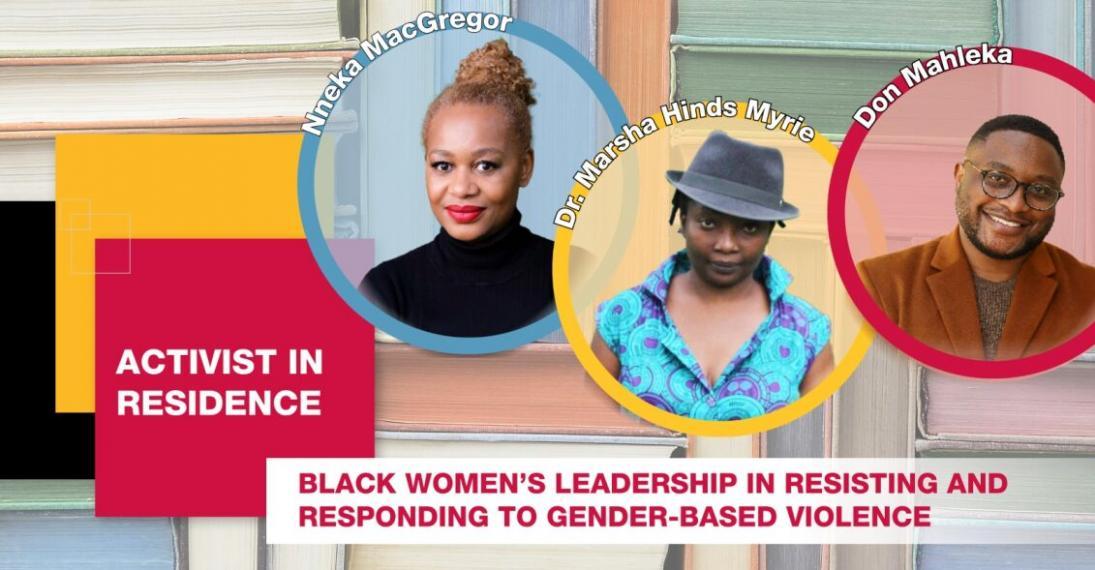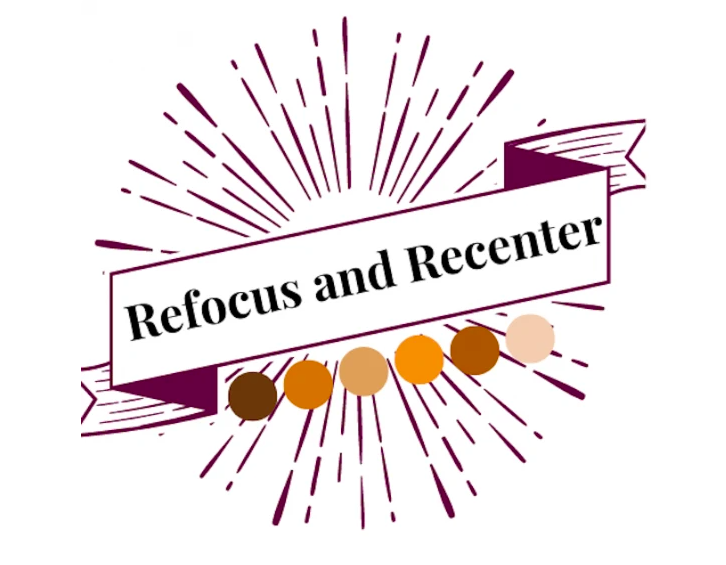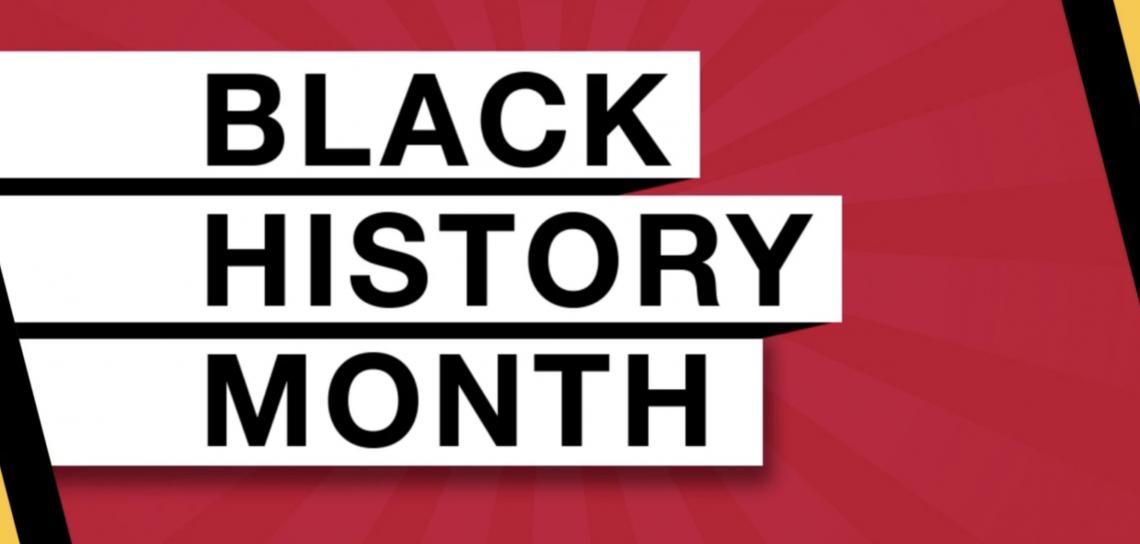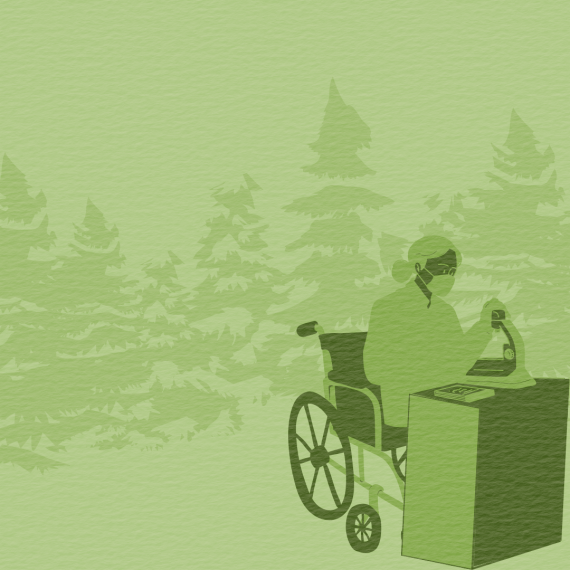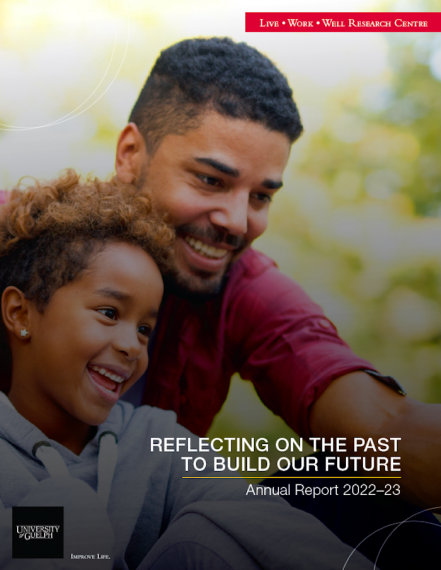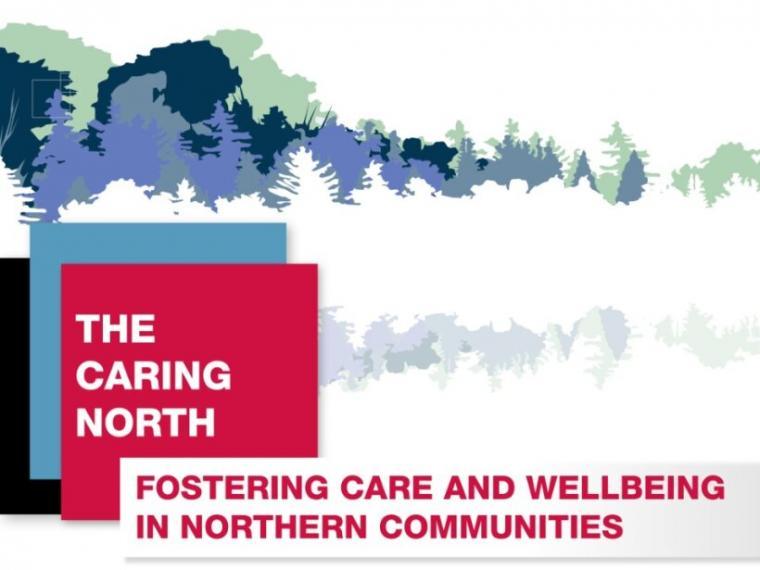
Indigenous Language Revitalization and Living Well
February 21st observes International Mother Language Day to promote linguistic and cultural diversity and multilingualism. UNESCO initially recognized this day to acknowledge the importance of those who gave their lives for the Bengali Language Movement in 1952. It has since become a beacon for other cultures who risk having their traditional languages taken from them.
